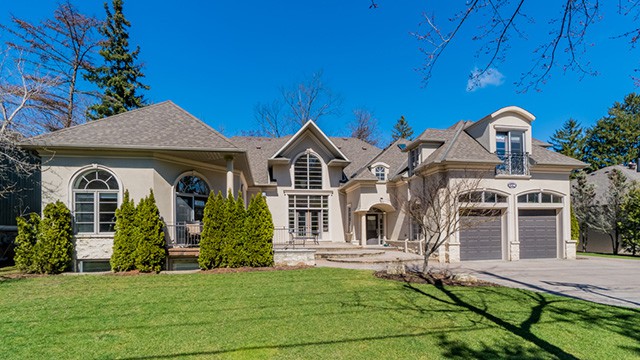Province Reveals How Many Homes are Foreign-Owned in Ontario
Published July 5, 2017 at 6:01 pm

For the past few years, the wild uptick in house prices has dominated discussions in Toronto and its increasingly more attractive satellite cities and led people to ponder who, exactly, is “responsible” for the phenomenon.
While most real estate experts have maintained that the issue is primarily a supply and demand one, some people have pointed at foreign investors and speculators (people who purchase properties, sit on them and sell them when they gain value) as the chief culprits.
Now, the Ontario government–which proposed a foreign buyer’s tax (called the Non-Resident Speculation Tax or NRST) of 15 per cent to help cool the overheated Toronto and overall GTHA market–is released figures that reveal exactly how many properties were recently purchased by overseas nationals.
The government says that between April 24 and May 26, there were 18,282 transactions in the Greater Golden Horseshoe region. Of those transactions, 4.7 per cent were made by people who are not citizens or permanent residents of Canada, or by foreign corporations. Those buyers may be subject to the NRST.
Although major real estate organizations (such as the Toronto Real Estate Board) have asked the province to avoid acting hastily on the housing file, there’s no doubt that the Wynne government has felt immense pressure to curb the province’s growing affordable housing crisis. While upticks in price make sense to some degree (Toronto, Mississauga and other 905 regions are attractive for a host of reasons), the intense bidding wars and astronomically high prices that locked low to moderate-income buyers out of the market in the winter months compelled all levels of government to weigh in.
As part of its Fair Housing Plan, Ontario says it’s establishing an expert forum to offer suggestions and engage in discussion on how to make housing more affordable in the province.
This housing forum, which met recently and will continue to meet quarterly, is comprised of experts and partners, including economists, academics, developers, community groups and the real estate sector. The province says the forum will advise the government on continued steps to make housing more affordable and accessible.
In terms of other affordable housing initiatives, residents might also recall that the government recently passed its Rental Fairness Act, 2017, which expanded rent control to all private rental units, including those occupied on or after November 1, 1991.
For rent increase notices given on or after April 20, 2017, landlords cannot raise rents more than the rent increase guideline.
The Fair Housing Plan also includes a new targeted $125-million, five-year program to encourage the construction of new purpose-built rental apartment buildings in high need communities by rebating a portion of development charges.






